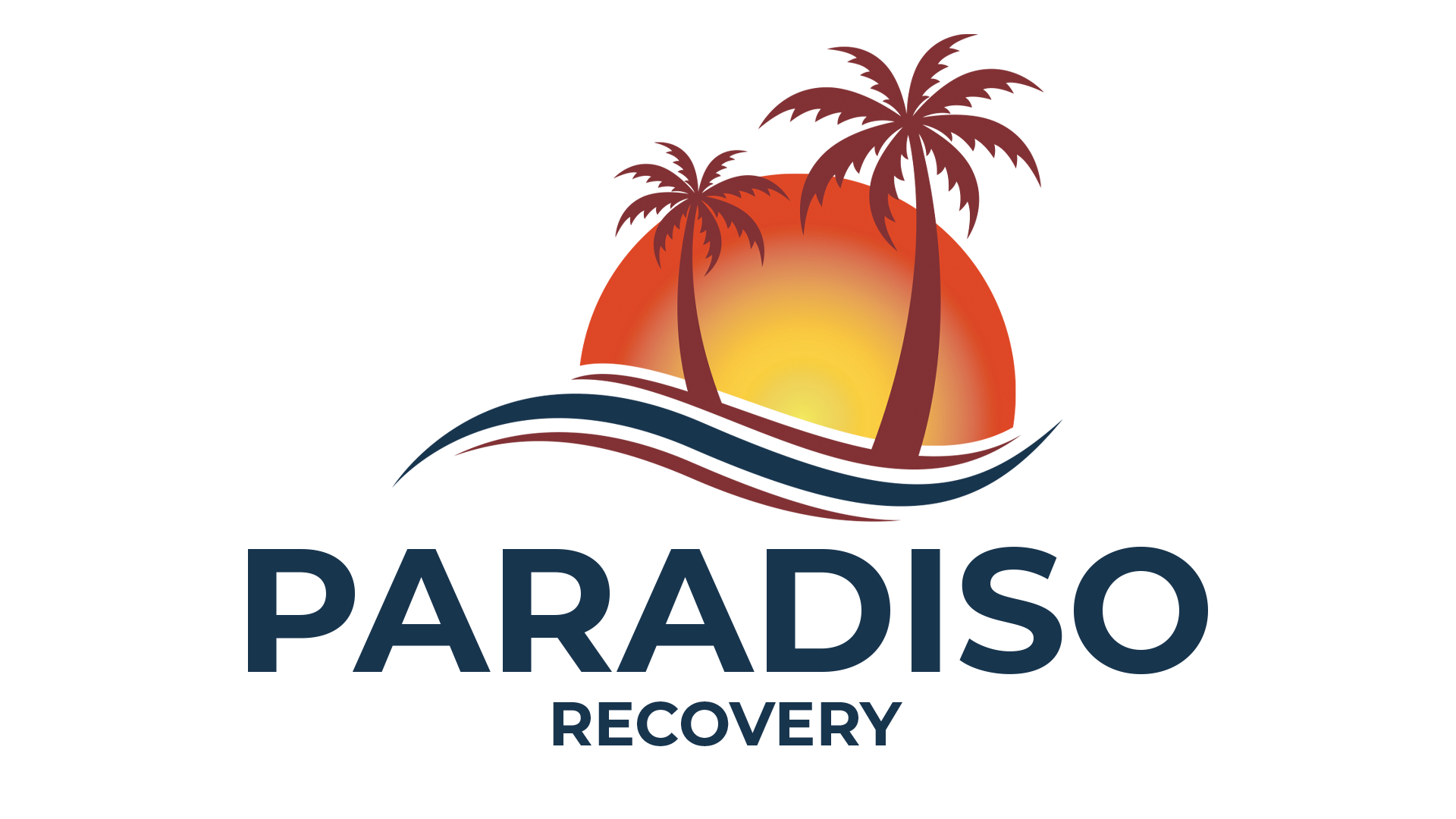Recovering from addiction can feel impossible, even when you hear about drug rehab successes. But your journey begins by taking the first step – contacting a residential rehab program in Ventura County.
Residential rehab is the safest, most effective form of treatment for substance use disorders. Individuals live at the treatment center where they receive care. This allows for a peaceful and temptation-free environment to recover.
Therapies available through these programs include counseling, medication, and more. These treatments are science-backed to ensure patients get the most cutting-edge care available.
Are you tired of hearing stories about overcoming drug addiction and ready to become the hero of your own recovery journey? It all begins with this guide.
What to Expect from an Inpatient Rehab Program
Residential rehab is also known as an inpatient treatment program. These programs tend to see better outcomes in terms of relapse rates. That may be due, in part, to the more intensive level of treatment addicts receive.
Individuals live at the residential rehab facility. The goal is to reduce ‘real world’ temptation and offer a safe, peaceful place to recover. Compare them to outpatient programs, where patients must live at home during treatment.
Most residential rehab programs begin with detoxification. Some individuals may leave a detox program and enter outpatient treatment. However, most enroll in a residential program.
After being discharged from inpatient rehab, individuals can return to their lives as normal. Aftercare services and outpatient therapy are also available. These options can support someone’s recovery journey after rehab.
Learn more about the steps of a residential treatment program below.
Detox
Detoxification (detox) is the first step of treatment for alcohol and drug addictions. It requires individuals to quit substances cold turkey or via medical tapering. The latter strategy is safer and more comfortable.
During drug or alcohol detox, most people experience withdrawal symptoms. These symptoms may be manageable independently when mild. However, moderate to severe withdrawals can cause potentially deadly complications.
In rehab, individuals can undergo medically supervised detox. That means a healthcare professional will be available every step of the way. These professionals can make detoxing more comfortable and safe for the individual.
Residential Treatment
As mentioned, some people enter outpatient treatment after detox. But as we also mentioned, inpatient treatment can greatly improve your chances of recovery. Relapse rates are more than 10% lower for individuals receiving residential treatment.
Residential treatment centers offer a variety of therapeutics. They include psychotherapy, family counseling, and peer support groups. Individuals can also receive help for co-occurring mental health disorders.
Additionally, patients will have access to medication management services. Many drugs are available to help with cravings and other symptoms someone may experience during recovery.
Aftercare
Aftercare encompasses all the services and resources available after someone is discharged from rehab. For example, your treatment center should set you up with a local 12-step program to support your journey.
Outpatient therapy is another type of aftercare program available. These programs vary by intensity and include intensive outpatient and partial hospitalization programs.
Other resources that may be available include career counseling and legal advice. The aim of these services and resources is to help individuals to re-adapt to life as normal.
What Treatments Are Available for Addiction Recovery?
The treatments available for addiction recovery include psychotherapy, mental health counseling, medication, and more. The exact approach will vary by treatment center.
At Paradiso Recovery, we utilize a multi-pronged approach to treating substance use disorders. We offer customized 30, 60, and 90-day programs that may include the following types of treatments.
Evidence-Based Psychotherapy
Psychotherapy, also known as talk therapy, is the leading treatment for substance use disorders. There are multiple science-backed approaches to treating certain disorders. These approaches include:
- Cognitive Behavioral Therapy (CBT): A type of psychotherapy with the goal of identifying and reforming negative thought patterns
- Dialectical Behavioral Therapy (DBT): A type of CBT focused on finding coping skills to better manage emotions and handle stress
- Motivational Interviewing: A person-centered approach to therapy that offers rewards for behavioral modifications
These three approaches are only a sample of what’s available. Alternative therapies like yoga, mindfulness, and meditation can help, too. We also use a custom approach to recovery called the Paradiso method.
Mental Health Treatment
Around 60% of people with mental health disorders have a co-occurring substance use disorder. Rehab centers see similar rates of co-occurring mental illnesses and addictions.
For this reason, many treatment centers offer mental health therapy. Individuals can uncover potential reasons why they abuse drugs or alcohol. They can also work toward healing from unresolved past traumas.
Medication Management
There are two main categories of medications available during rehab. The first category includes drugs that can help alleviate withdrawal symptoms. They are only available under medical supervision.
The second category includes medications used to treat addictions or co-occurring mental health disorders. For example, patients may have access to anti-craving drugs during and after rehab to reduce the risk of relapse.
Family Counseling
Addiction can be just as painful for loved ones as it is for the person with the substance use disorder. For that reason, many treatment facilities encourage family counseling sessions.
During these sessions, family members can learn about what their loved one is going through. They can identify ways to better support their addicted loved one. This can be invaluable after rehab.
Peer Support
Peer support groups are not just helpful during aftercare. Talking with people who are on their own recovery journeys is also helpful during rehab.
Many addicts feel lonely and misunderstood. Conferring with peers who are going through the same thing can help individuals feel less alone.
Looking for a Residential Rehab Program in Ventura County?
An inpatient treatment program is the most effective way to start your journey to recovery. You will have access to expert therapy services, medication, and so much more to help you overcome addiction once and for all.
Do you need a residential rehab program in Ventura County? Paradiso Recovery is a luxury rehab center serving Southern California. Learn about our admissions process and verify your insurance to get started.

